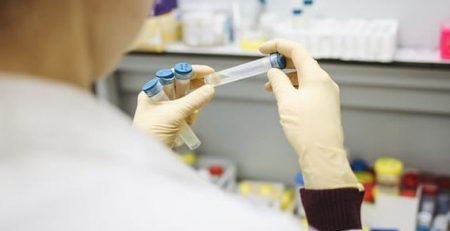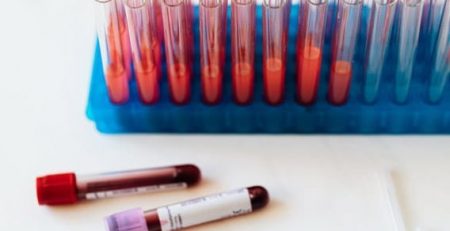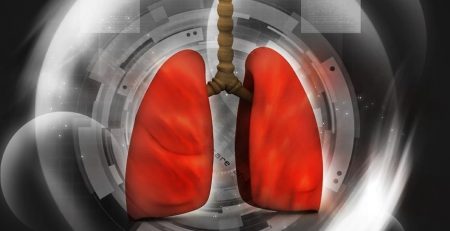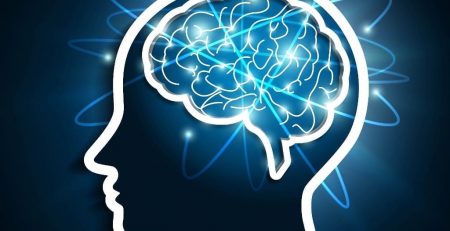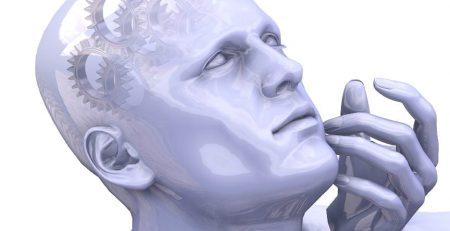Artificial Intelligence Proves Useful in Battle Against Antibiotic Resistance
“A powerful antibiotic that’s even able to kill superbugs has been discovered thanks to a machine-learning algorithm,” IFLScience.com reports.
MIT researchers identified a drug called halicin that kills many strains of bacteria. In laboratory tests, the drug killed many of the world’s most problematic disease-causing bacteria, including antibiotic-resistant strains, according to a release.
“We wanted to develop a platform that would allow us to harness the power of artificial intelligence to usher in a new age of antibiotic drug discovery,” James Collins, the Termeer Professor of Medical Engineering and Science in MIT’s Institute for Medical Engineering and Science (IMES) and Department of Biological Engineering. “Our approach revealed this amazing molecule which is arguable one of the more powerful antibiotics that has been discovered.”
When tested in mice, halicin effectively treated tuberculosis and drug-resistant enterobacteriaceae, the family of bacteria that includes E.coli and Salmonella, and was also found effective against Clostridium difficile, “a ‘stomach bug’ that often sweeps through hospitals, and another drug-resistant bacterium that can cause infection of the blood, urinary tract, and lungs.”
The researchers also found that this antibiotic is “structurally not like any other antibiotic seen before” and therefore would have possibly never discovered by humans “because it looks so unusual.” This caused the team to return to the database to use the AI algorithm to look for other previously unidentified antibiotics. After just three days, 23 candidates that were “structurally dissimilar” to existing antibiotics were identified, at least 8 of which had antibacterial properties, two of which were particularly powerful.
“This groundbreaking work signifies a paradigm shift in antibiotic discovery and indeed in drug discovery more generally,” Roy Kishony, professor of biology and computer science at Technion, the Israel Institute of Technology, who was not involved in the study, said.






